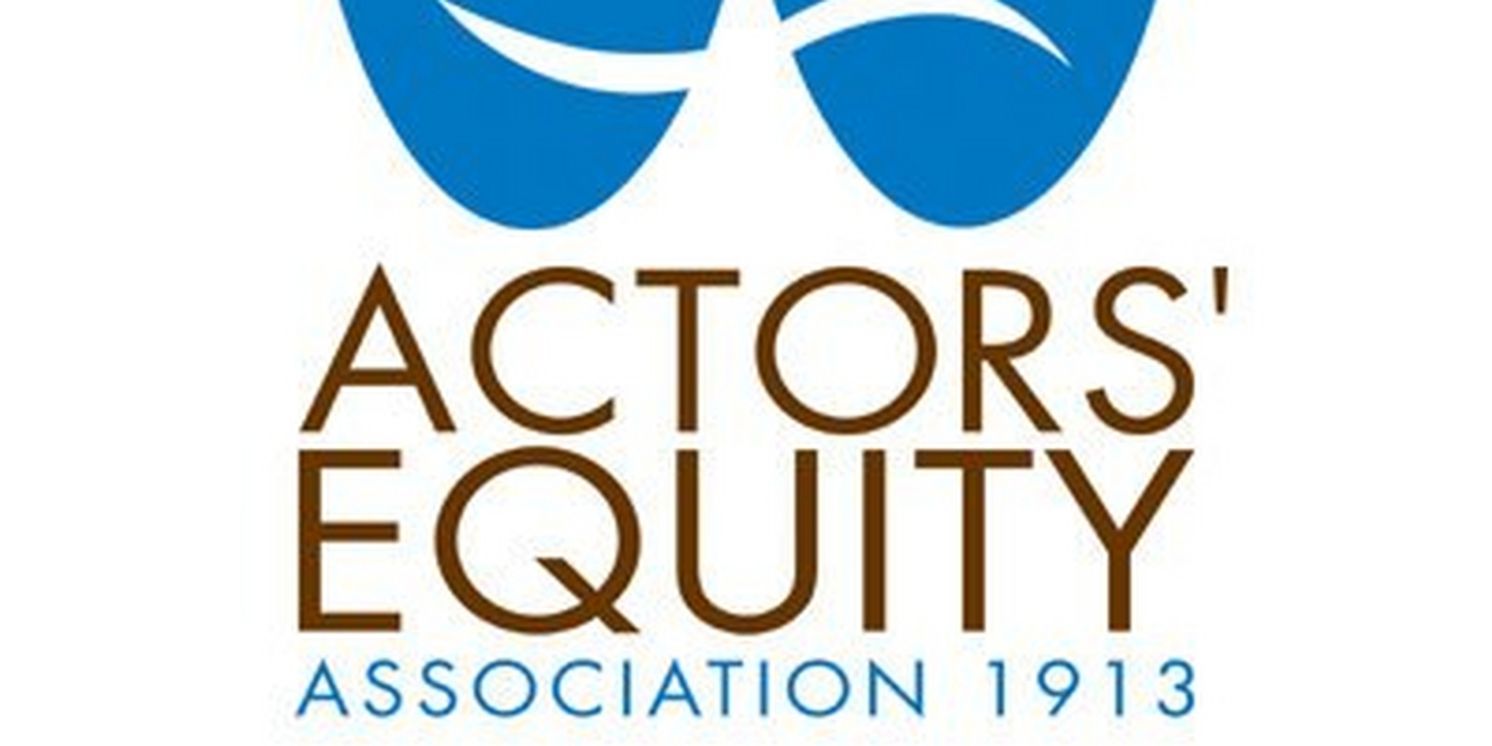Actors' Equity Association Sets Deadline for Development Agreement
Equity and the Broadway League have been in negotiations since January 22, 2024, and the current agreement expired on February 11.

Actors’ Equity Association has advised The Broadway League of its intention to cease issuing contracts for work on the Development Agreement starting June 17 if meaningful progress is not made in negotiations by that date.
The Development Agreement is used for the development of new works by Broadway League producers, usually prior to an intended Production Contract engagement. This season alone, shows that relied on the Development Agreement on their road to Broadway include Days of Wine and Roses, The Great Gatsby, Gutenberg! The Musical!, Harmony, The Heart of Rock and Roll, How to Dance in Ohio, Lempicka, The Notebook, Once Upon a One More Time, The Outsiders, Suffs, Water for Elephants and The Wiz. Equity and the Broadway League have been in negotiations since January 22, 2024, and the current agreement expired on February 11.
“We have tried every way we know to reach an agreement with The Broadway League, but if they don’t see a way to take our concerns seriously, there is no way forward on the Development Agreement,” said Equity Negotiating Team Chair Stephen Bogardus. “We love doing the work of creating Broadway’s future hits, but we need to be treated as equal partners at the bargaining table. Unless and until The Broadway League is willing to make meaningful changes, actors and stage managers will not do this work.”
The Development Agreement was created in 2019 as a restructuring of the previous Lab, Workshop and Stage Reading Agreements. At the time, the Development Agreement was hailed for the introduction of contingent compensation, which ensured that actors and stage managers would share in the success of productions they helped develop when those productions became hits.
Videos

